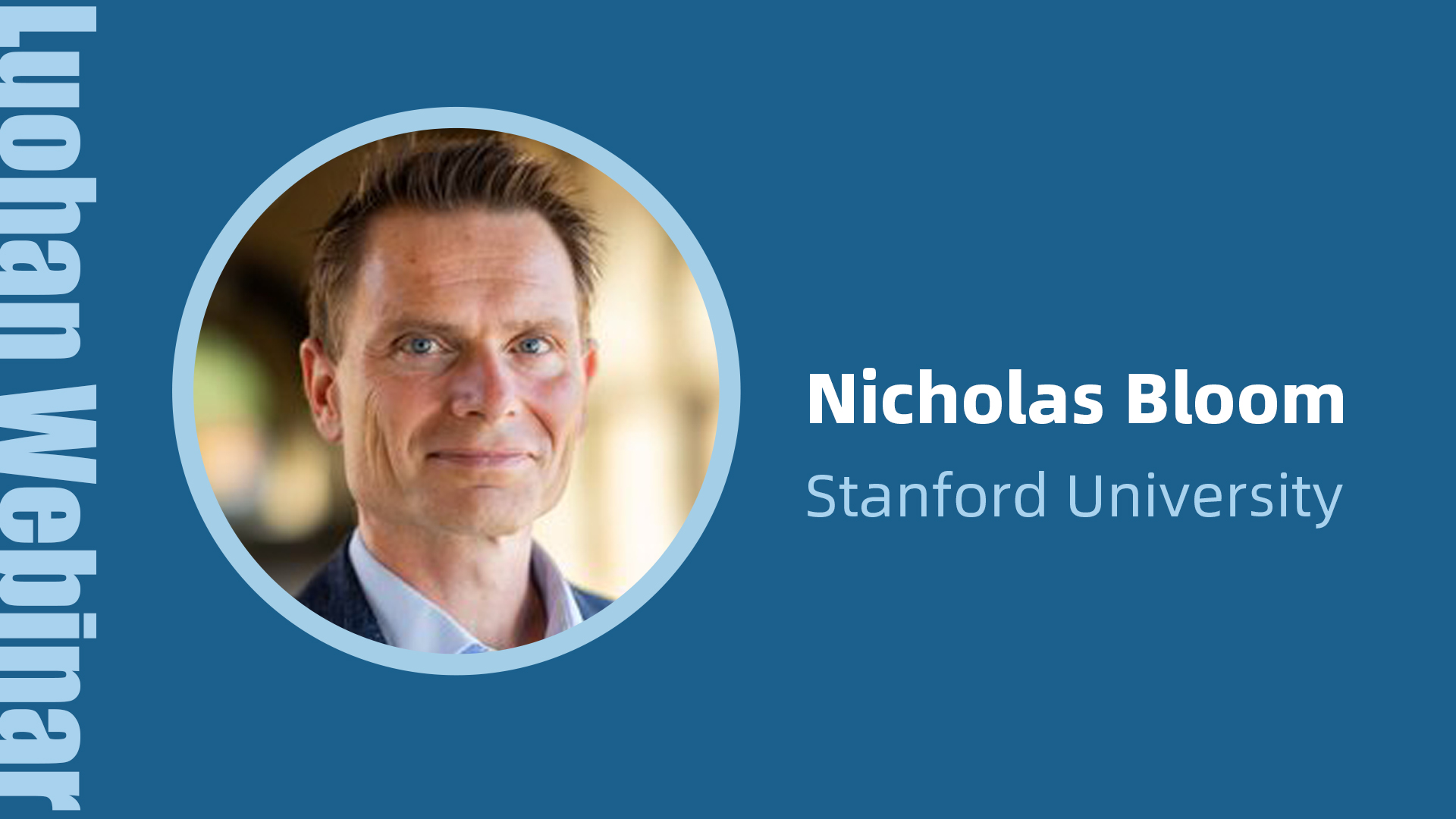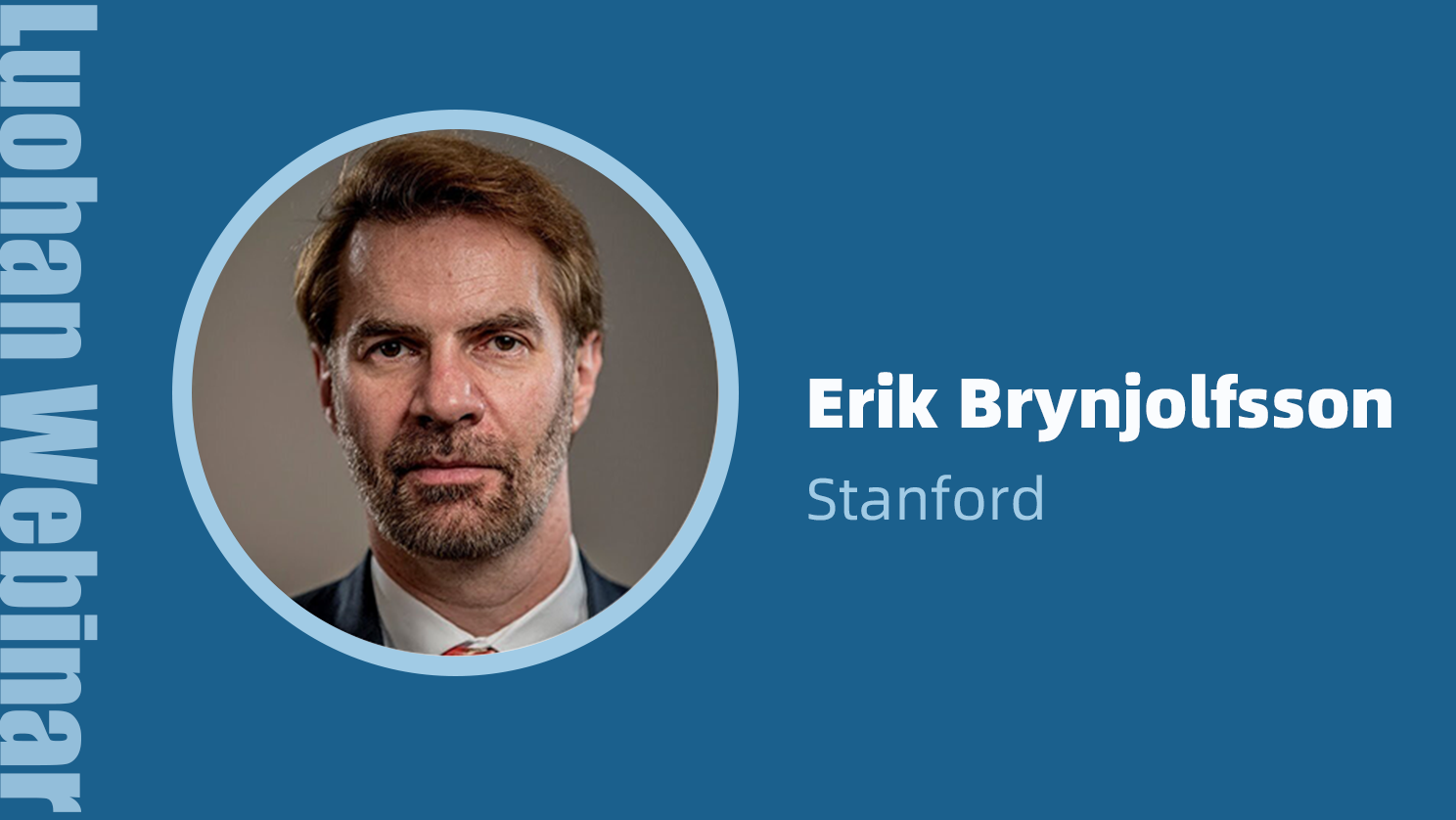Abstract:
We build from an idea of ecological niche emergence and expand the model to economic niche diversity. Considering a niche as a latent market, we show that market goods exist in autocatalytic economic systems in an evolving economy. We overview the main concepts in ecological niche theory moving from simple partitioning to more complete and complex emergence. The front edge of innovation can be described using the Theory of the Adjacent Possible and the (Bio)diversity-related Niches Differentiation Theory. Entrepreneurs apply experience and intelligent search heuristics to discover and fill these already opened niches. This new understanding of technological change, stemming from insights into ecosystem structure and functioning, has application for the modern platform economy. Examples from ecology and economy are covered.
Speakers:
Brian Fath (IIASA & Towson)
Roger Koppl (Syracuse)
Roberto Cazzola Gatti (KLI & Tomsk State University)
Recap:
Authors of a new paper about emergence of ecological and economic niches presented about the properties of both biological and economic systems and where they overlap. During the webinar session, called “The Nature of Economic Emergence: Discovering Your Niche in the Platform Ecology,” researchers underscored how ecological niche theory evolves from simple partitioning to more complex emergence.
They described innovation using the Theory of the Adjacent Possible and the (bio)diversity-related Niches Differentiation Theory. In the same way, entrepreneurs apply experience and intelligent search heuristics to discover and fill already-opened niches, the authors argued. Understanding technological change in this way, incorporating insights from ecosystem structure and functioning, has applications in the modern platform economy, they said.
Brian Fath (Towson University) laid out life processes and their material constraints, how the partitioning of niches leads to species differentiation, and how niches emerge and expand in the natural world. He was followed by Roberto Gatti (Tomsk State University), who described how a bio-diverse system is able to reproduce and maintain itself. He describes autocatalytic systems where networks of interacting agents support and enable each other, highlighting the way bacteria, aphids, plants, ladybugs, and ants work together in their niche to support one another’s survival. The final presenter was Roger Koppl (Syracuse University), who discussed the economic consequences of the explosion of cambio-diversity (goods variety) that took place during the Industrial Revolution. Koppl also touched on the implications for the platform economy and how a modern-day entrepreneur might understand their niche and work with novelty.
During the Question & Answer part of the session, participants delved deeper into the seemingly large gap between biological systems and economic systems, and how insights from one can be practically applied to the other on the micro level. The authors pointed to similarities between the two types of systems, including how competition and cooperation between actors works, particularly if time horizons are pushed out.
If you would like to
give a presentation in a future webinar, contact our Senior Economist Dr. Wen
Chen (wen.chen@luohanacademy.com). For
other inquiries, please contact: events@luohanacademy.com.











































































